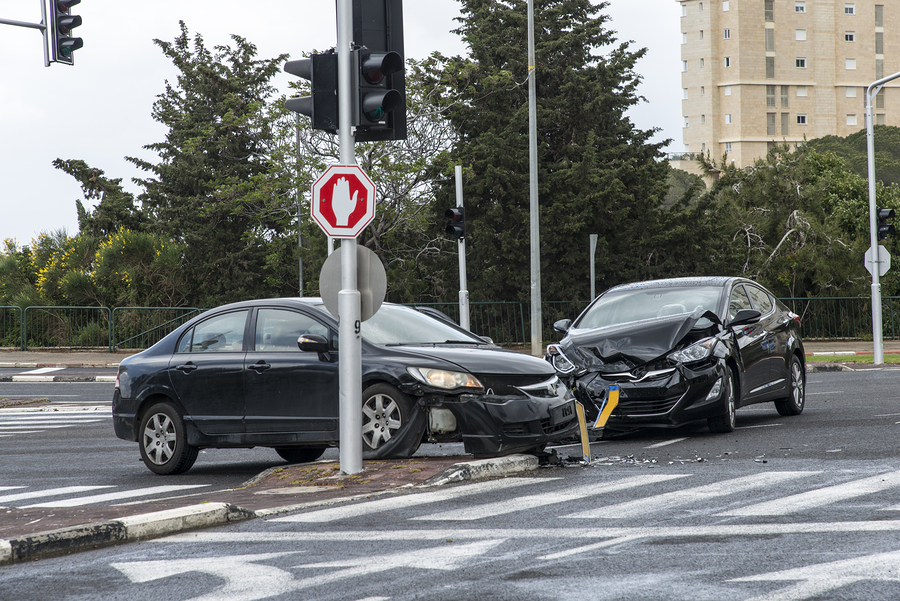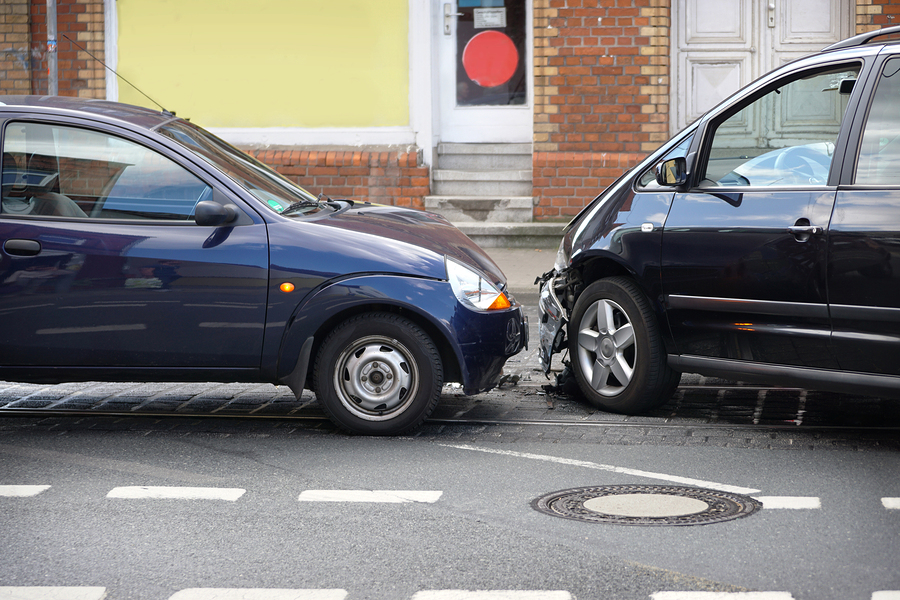If you have recently been in a car accident in Virginia, you might be unsure about what to do next, especially if the accident was not your fault. Virginia law permits you to take action against the at-fault driver; however, you need to follow some important steps to protect the value of your claim.
Below we cover five things to do after a car accident that was not your fault; the actions you need to take begin minutes after an accident. If more time has gone by, you should try to complete as many steps as possible.
Virginia car accident victims who suffered severe injuries might not be able to complete any of these steps. Additionally, the circumstances of the accident sometimes impact what someone can do. Family members and friends can act on behalf of loved ones to ensure they take the right steps and get the help they need after a serious car accident.
1. Collect Information
More than 100,000 traffic accidents occur on Virginia’s roads each year, with police responding to tens of thousands. Unfortunately, law enforcement cannot always make it to the scene of an accident promptly. If you physically can and conditions are safe, collect as much of the following information immediately after the accident while waiting for the police to arrive.
This will help ensure you have what you need for your claim if the other driver tries to leave the scene of the accident or law enforcement makes a mistake on the official crash report:
- Make, model, and license plate number of the other vehicle(s) in the accident.
- The location of the accident, including the nearest intersection.
- Other driver’s name, contact information, and driver’s license information.
- Other driver’s insurance information.
- Name and contact info of any eyewitnesses.
- Road, weather, traffic conditions, and any hazards that might have contributed to the accident.
2. Take as Many Pictures as Possible
Photographic evidence provides valuable support to an accident injury claim. Law enforcement provides a narrative about how an accident happened, but the responding officer typically did not witness the accident. Photos supplement an officer’s narrative and make it difficult for the other side to deny liability.
You should take pictures that include as much of the accident scene as possible and then hone in on more specific things, such as:
- Damage to your car and other vehicles involved in the accident
- License plates of the at-fault driver’s vehicle
- Property damage to fences, signs, parked vehicles, etc.
- Visible injuries you have sustained
- Visible hazards that could have contributed to the accident
Law enforcement will likely take photos too, but it is best to take your own instead of relying on the pictures the responding officer takes.
3. Get Checked Out by a Doctor
Many car accident victims walk away from an accident but still suffer serious injuries. It is not uncommon for victims to deny medical treatment because they only feel a little sore, and bumps and bruises will heal. If you are unconscious after an accident or your injuries are severe, you do not have a choice. Emergency response teams will transport you to the nearest emergency room.
When you have a choice, you should always accept medical treatment, especially when an accident was not your fault. Your medical record serves as evidence for your claim against the other driver. More importantly, some car accidents lead to hidden injuries. For example, a bump on the head can indicate a traumatic brain injury, and soreness in the chest and/or abdomen can indicate broken ribs or internal organ damage. If left untreated, some car accident injuries can be fatal.
4. Keep Meticulous Records
After being involved in a car accident that was not your fault, you need to keep meticulous records to help prove your economic and non-economic losses. You can help prove economic losses by saving receipts and bills related to the accident. Make sure to keep all bills related to your medical treatment, pay stubs to prove lost wages if you missed work, gas receipts for travel to and from the hospital, receipts for replacement services because you cannot perform certain tasks, and bills or receipts for anything else you spend because of the accident or your injuries. Always make copies of your files, and do not worry about saving too much. You can eliminate things later.
Non-economic losses, such as pain and suffering, loss of consortium, and diminished quality of life, are more difficult to prove in an accident claim. One of the best ways to share information with an attorney, your doctor, and the insurance company is to keep a journal documenting your physical and emotional state each day. For example, your journal entries can include details about the healing process and associated pain, whether you feel depressed, the things you have been unable to do because of injuries, and the progression of any scars.
5. Contact an Experienced Virginia Car Accident Lawyer
Contact an experienced car accident attorney as soon as possible after suffering injuries in a car accident that was not your fault. A skilled Virginia car accident lawyer can investigate the accident and uncover the facts that support your claim against the at-fault driver. For example, your attorney can collect the other driver’s criminal history, driving history, cell phone records, and other evidence that supports your accident injury claim. Lawyers also look for additional evidence, such as footage from traffic cameras, and take witness statements.
Your attorney will advocate for you each step of the way. Most car accident claims settle before going to court. In some cases, you might not have to file a lawsuit. Attorneys try to negotiate the best possible outcomes for their clients and try to avoid costly litigation. However, if the other driver vehemently denies fault or their insurance carrier refuses to offer fair compensation, a lawyer can fight for you in court to help you get the compensation you deserve for the accident and related injuries.


